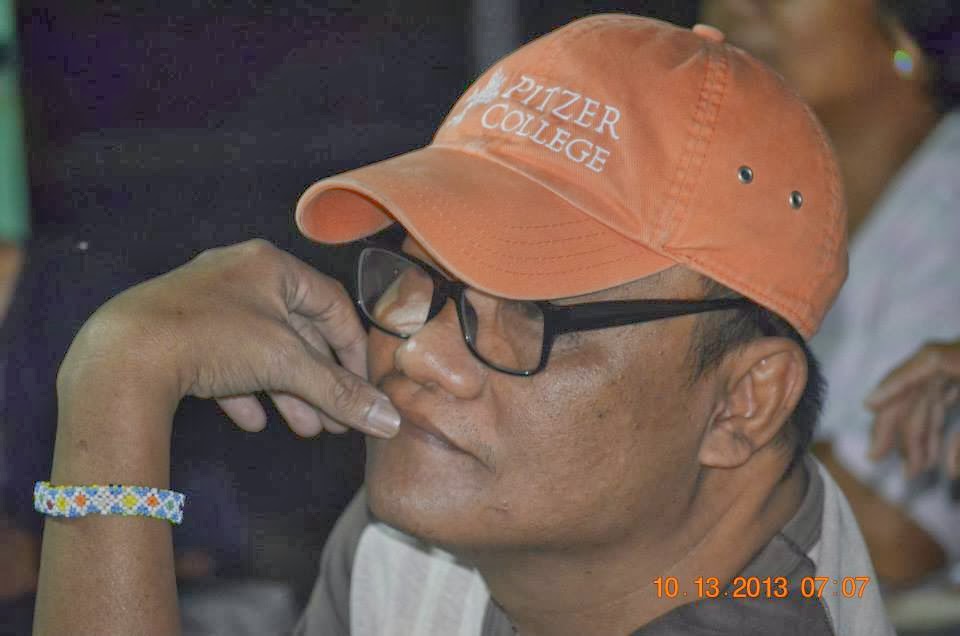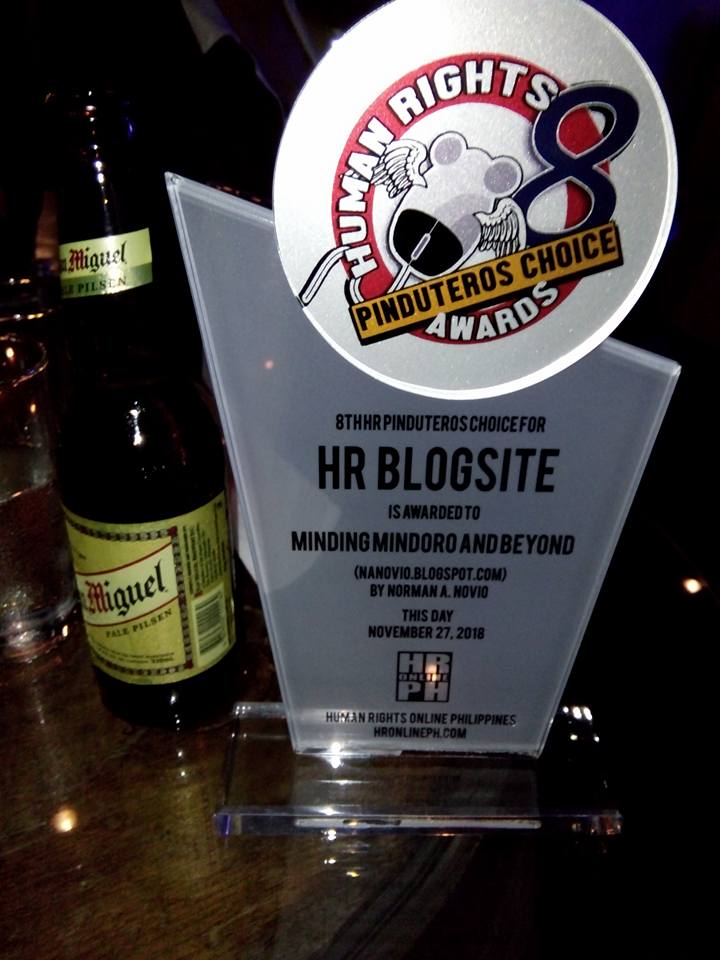
Greenpeace is again calling the attention of the industrialized nations to mobilize their resources in order to help the most vulnerable countries,- like the Philippines, in dealing with the impacts of catastrophic climate change. The statement was released after Typhoon Ondoy (international code name Ketsana) submerged up to 80% of Metro-Manila and covered areas that never experienced flooding before, stranding people on rooftops and bringing death and misery to rich and poor alike. According to Amalie Obusan, Green Peace Climate and Energy Campaigner, “It is ironic that this disaster should happen in between two big important climate meetings, the G20 summit in Pittsburgh and the UNFCCC intercessional meeting in Bangkok. While world leaders are pussyfooting on their commitments, countries like ours are left to experience the ravages of climate change.”
Incidentally, last September 5, 2009, I was invited as a resource speaker by the Civic Welfare Training Service (CWTS) students at the Occidental Mindoro State College (OMSC) Main Campus here in San Jose. Around 200 college students under Mesdames Luisa M. Pechardo, Leticia R. Valdez and Maricris M. Usita. I told my audience : “Mining contains a key threat to climate change. In fact, reduction of mining is essential to climate change mitigation”. My topic was, “Oil Exploration and Nickel Mining in Occidental Mindoro.” Climate experts say that unless decisive solutions are immediately put on the table, the worst is yet to come. The UN Summit on Climate Change will be held this December in Copenhagen.
Likewise, the Colegio De San Sebastian (CDSS) College Department initiated a symposium on mining with Fr. Edwin A. Gariguez of the Mangyan Mission of the Apostolic Vicariate of Calapan as their guest speaker. The activity was held at Sablayan Convention Center last September 24, 2009. This was initiated by Fr. Gerardo F. Causapin and Ms. Rosavilla Dalumpides, Director and Dean of Academic Affairs, respectively. Around 700 college students attended the affair.
Windel Bolinget of the Cordillera Peoples’ Alliance (CPA) addressed the Eighth Session of the United Nations Permanent Forum on Indigenous Issues (UNPFII) and recommended “a moratorium on large-scale mining and extractive industries in indigenous territories until mechanisms addressing outstanding issues are set, especially on compensation and rehabilitation of devastated communities and the urgent concern on climate change.” Indeed, corporate and large-scale mining worsens climate change so we are calling for the moratorium on mining and extractive industries in the whole island of Mindoro.
Before Typhoon Ondoy, during Typhoon Jolina’s onslaught, Occidental Mindoro experienced heavy floods, landslides, soil erosion and scouring which rendered its national highways impassable for several weeks and caused huge and serious damage to crops, livestock and property. Undoubtedly, the Mindoro Nickel Project and all the mining applications in the island would make the effects of global warming even more disastrous.
Obusan has this to add: “It is unfair that people in the Philippines should be the ones paying a greater price for the damage that developed countries have wrought on the environment.”
Just like the damage brought to us then by Jolina, and now Ondoy...
-------
(Photo : Courtesy of www.marshal.com )









